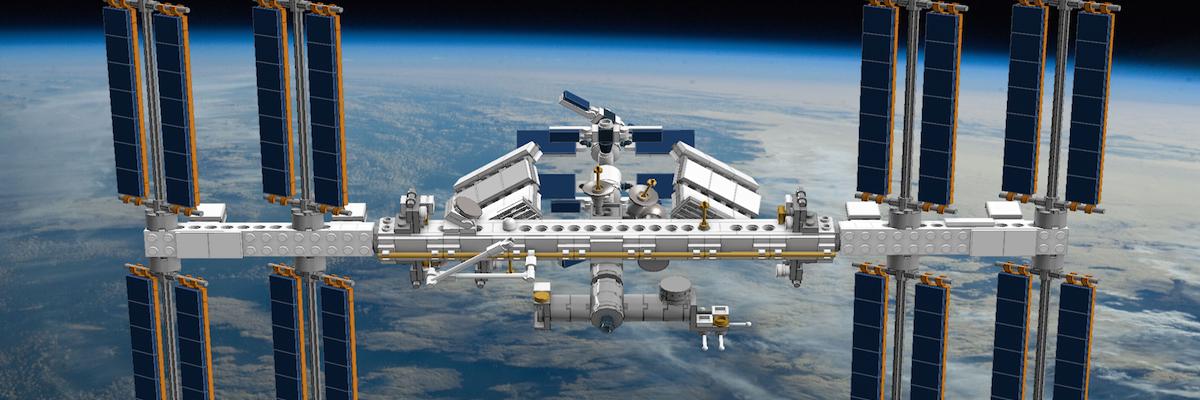ISS microbes should be monitored to avoid threat to astronaut health

Scientists have identified strains of the bacterium Enterobacter on the International Space Station ISS, which they say should be studied for potential health implications for astronauts on future missions Researchers at NASAs Jet Propulsion Laboratory
Washington: Scientists have identified strains of the bacterium Enterobacter on the International Space Station (ISS), which they say should be studied for potential health implications for astronauts on future missions. Researchers at NASA's Jet Propulsion Laboratory (JPL) and California Institute of Technology in the US investigated five strains of Enterobacter that were isolated from the space toilet and the exercise platform on the ISS in March 2015. To identify the species of Enterobacter collected on the ISS and to show in detail the genetic make-up of the individual strains, the researchers compared the ISS strains to all publicly available genomes of 1,291 Enterobacter strains collected on Earth.
"To show which species of the bacteria were present on the ISS, we used various methods to characterise their genomes in detail," said Kasthuri Venkateswaran from JPL. "We revealed that genomes of the five ISS Enterobacter strains were genetically most similar to three strains newly found on Earth," said Venkateswaran, corresponding author of the study published in the journal BMC Microbiology. "These three strains belonged to one species of the bacteria, called Enterobacter bugandensis, which had been found to cause disease in neonates and a compromised patient, who were admitted to three different hospitals," he said.
Comparing the genomes of the five ISS strains to the three clinical Earth strains allowed the researchers to get a better understanding of whether the ISS strains showed characteristics of antimicrobial resistance, if they had gene profiles similar to those found in known multi-drug resistant bacteria.
It also helped them to identify genes related to their ability to cause disease (pathogenic potential). "Given the multi-drug resistance results for these ISS E bugandensis genomes and the increased chance of pathogenicity we have identified, these species potentially pose important health considerations for future missions," said Nitin Singh, first author of the study.








